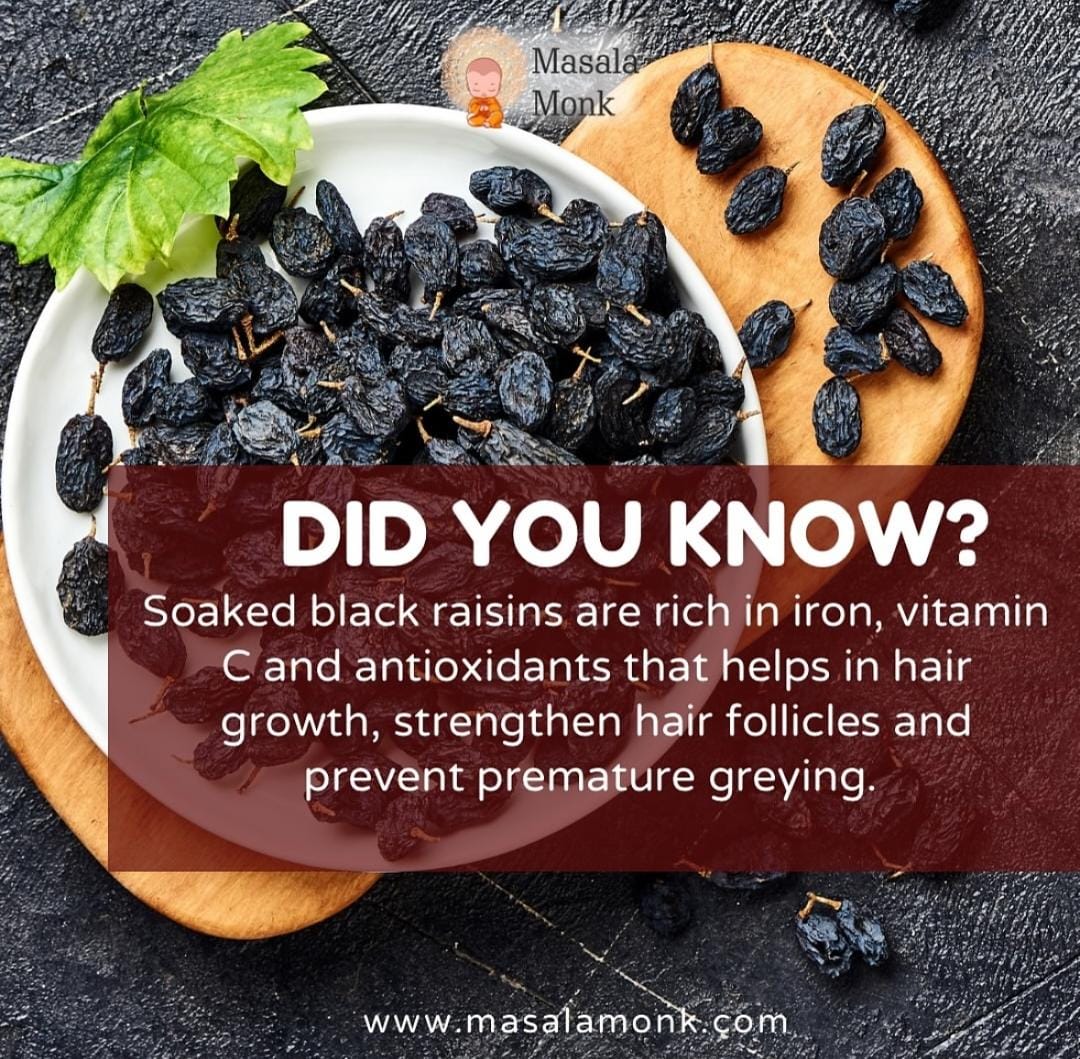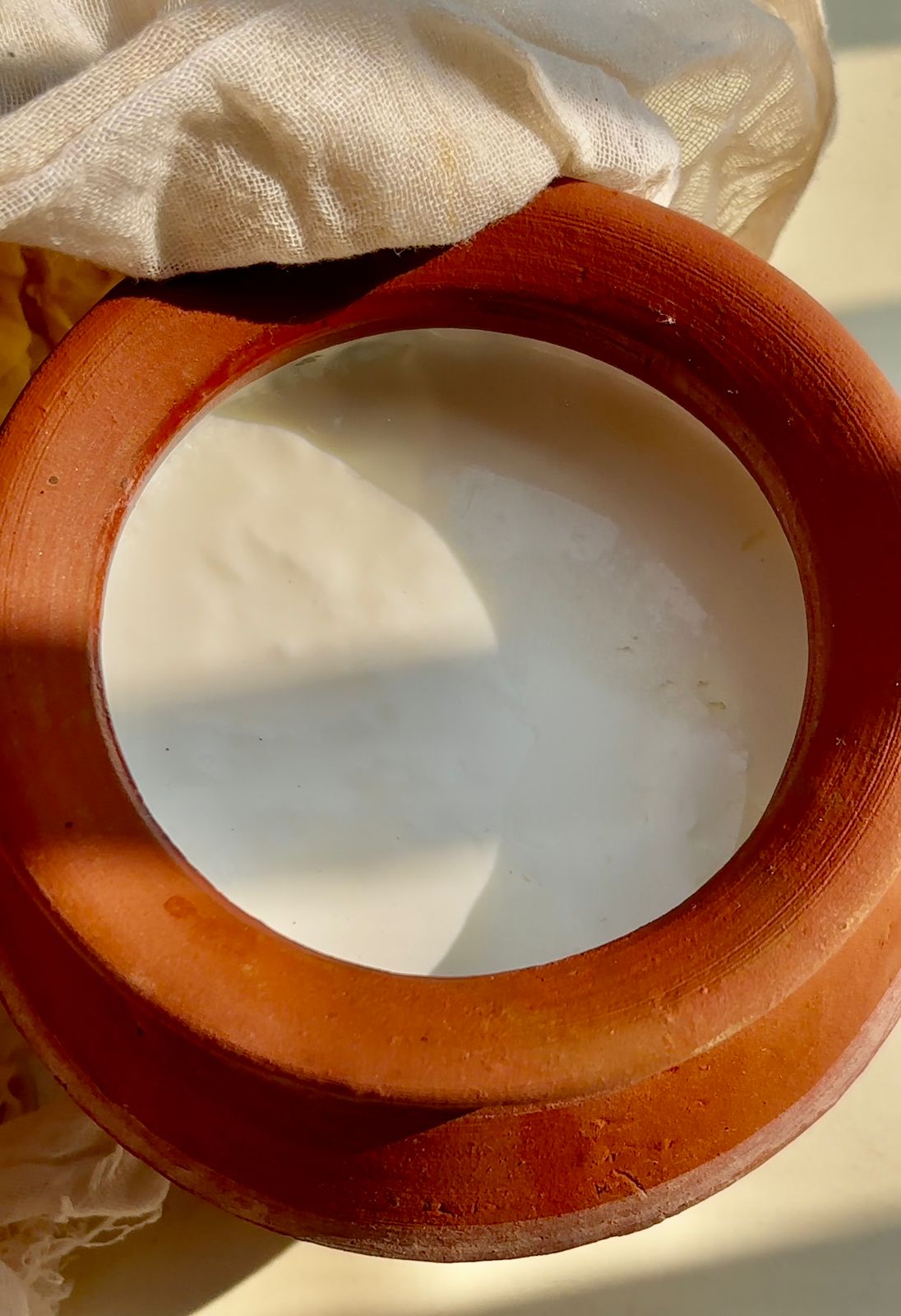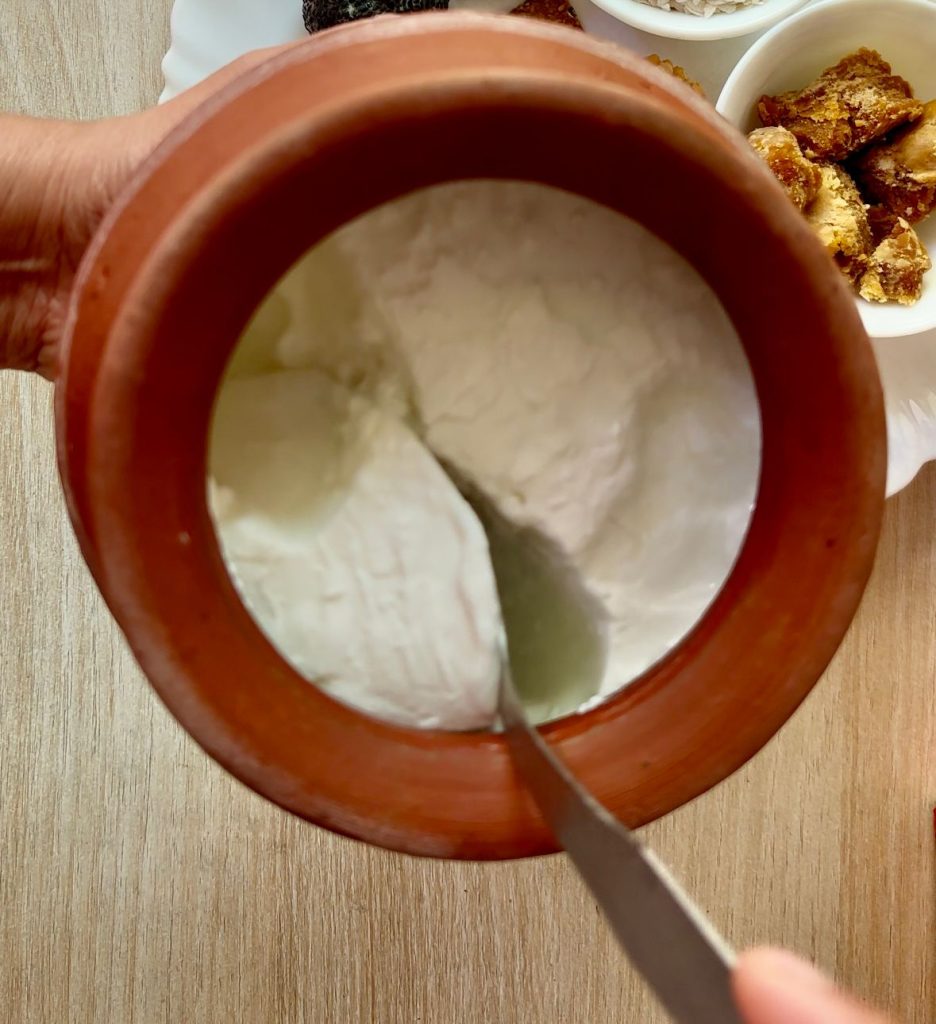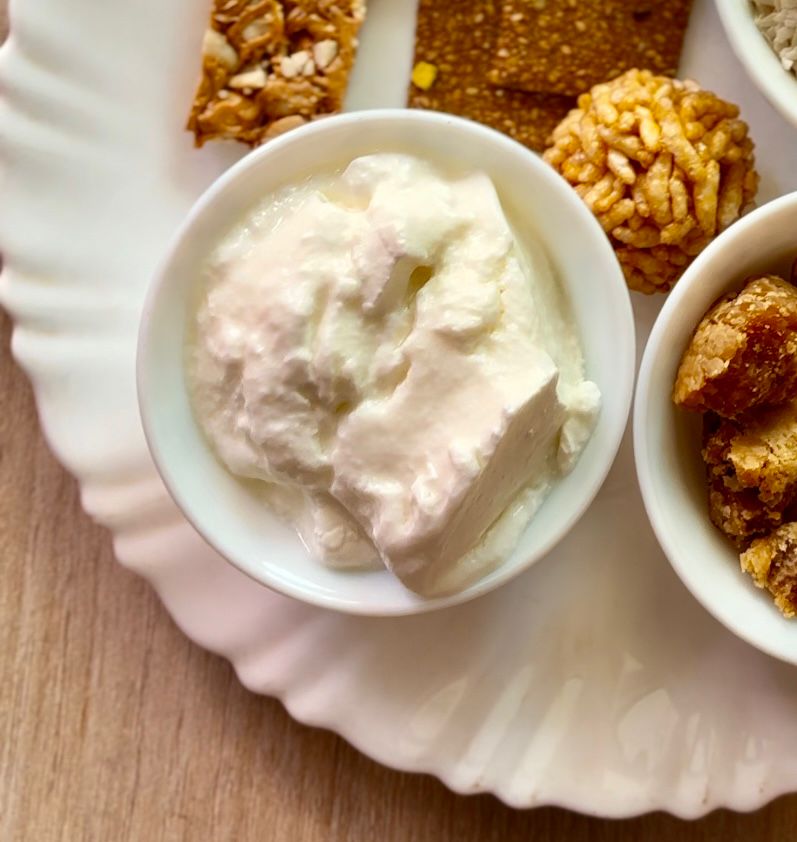
Lemons are more than just a kitchen staple; they are a powerful fruit packed with flavor, nutrition, and versatility. From the tangy zest that elevates a dish to the bright, refreshing juice in a glass of lemonade, lemons play a significant role in cuisines and cultures across the globe. But not all lemons are the same! There are many different varieties, each with its own unique characteristics, flavors, and uses. Beyond their culinary versatility, lemons are also celebrated for their numerous health benefits, from boosting immunity to aiding digestion.
In this blog post, we’ll take a deep dive into the various types of lemons grown around the world, explore their distinct qualities, and highlight the many health benefits they offer.
Eureka Lemon – The Classic Lemon
Where It’s Found: United States, Mexico, Australia
Appearance: Eureka lemons are perhaps the most recognizable variety of lemon. They are medium to large in size with a thick, bumpy, bright yellow rind. They are often sold in grocery stores and are used in everyday cooking.
Flavor: This variety is known for its tartness and acidity. The flavor is sharp and tangy, making it the go-to lemon for a wide variety of dishes, from tangy lemon meringue pies to fresh lemonade.
Uses: Eureka lemons are incredibly versatile and are used for juicing, zesting, garnishing, and in dressings or marinades. Their juice is a staple in cooking and baking.
Health Benefits:
- Rich in Vitamin C: Eureka lemons are packed with Vitamin C, which plays a vital role in supporting the immune system. Vitamin C also promotes collagen production, helping to keep skin healthy and youthful.
- Supports Digestion: The natural acids in Eureka lemons help stimulate bile production, which improves digestion and supports liver function. Drinking warm lemon water in the morning is a popular remedy for easing indigestion and bloating.
- Boosts Hydration: Lemons are high in water content, making them a great choice for keeping the body hydrated. Proper hydration is essential for maintaining energy, skin health, and even regulating body temperature.
Lisbon Lemon – A Close Cousin to the Eureka
Where It’s Found: Portugal, Spain, Australia
Appearance: Lisbon lemons are nearly identical to Eureka lemons, often with a smoother skin and a more uniform shape. They are medium to large in size and have a bright yellow, slightly glossy appearance.
Flavor: Lisbon lemons are known for being slightly sharper and more acidic compared to their Eureka cousins. They have a robust lemon flavor that adds a delightful punch to dishes.
Uses: Like Eureka lemons, Lisbon lemons are commonly used in juicing, baking, and garnishing. Their juice is favored for its intensity, making them ideal for adding that perfect tang to dishes like lemon chicken or pasta.
Health Benefits:
- Immune System Support: Lisbon lemons provide a substantial amount of Vitamin C, which strengthens the immune system and helps protect the body from infections.
- Antioxidant-Rich: They contain flavonoids, which act as powerful antioxidants that protect cells from damage caused by free radicals. Regular consumption can reduce oxidative stress and inflammation in the body.
- Skin Health: The antioxidants and Vitamin C in Lisbon lemons contribute to healthier skin, promoting a radiant complexion and reducing the appearance of wrinkles.
Meyer Lemon – The Sweet and Fragrant Option
Where It’s Found: United States (California), China
Appearance: Meyer lemons are smaller and rounder than the typical lemon, with a thinner, smoother, and often orange-tinted skin. Their bright yellow color with a hint of orange gives them a more subdued, elegant look.
Flavor: This variety is much sweeter and less acidic than other lemons. Its flavor profile is often described as a cross between a lemon and an orange—refreshing and sweet with a mild tartness.
Uses: Meyer lemons are prized in desserts, marmalades, and salads. Their sweet flavor makes them perfect for adding to cakes, cookies, and even cocktails. Their zest is often used in gourmet dishes and as a garnish for a delicate touch.
Health Benefits:
- Digestive Aid: Due to their lower acidity, Meyer lemons are gentler on the stomach compared to their more acidic cousins. They can help relieve indigestion and bloating without causing discomfort.
- Rich in Phytochemicals: Meyer lemons contain phytochemicals, which have anti-inflammatory properties that help reduce the risk of chronic diseases like heart disease and diabetes.
- Skin Care: The vitamin C in Meyer lemons helps in collagen production, promoting healthy, glowing skin. Their mild acidity can also help balance the skin’s natural oils, making them useful in natural skincare routines.
Ponderosa Lemon – The Giant of the Lemon World
Where It’s Found: United States, Europe
Appearance: Ponderosa lemons are massive, often weighing several pounds each. Their thick, rough rind gives them a distinct appearance that can be mistaken for a large grapefruit.
Flavor: Ponderosa lemons have an intense tartness and an exceptionally juicy interior. Their flavor is much stronger than typical lemons, making them ideal for juicing.
Uses: Due to their size, Ponderosa lemons are often juiced, and their zest is used in recipes requiring a more substantial lemon flavor. They are perfect for cocktails, marinades, or lemon-based desserts like lemon bars.
Health Benefits:
- High Vitamin C Content: Like other lemon varieties, Ponderosa lemons are packed with Vitamin C, which supports the immune system and fights off free radicals.
- Promotes Hydration: With high water content, Ponderosa lemons are excellent for keeping the body hydrated, which is key for maintaining healthy skin, digestion, and energy levels.
- Supports Liver Health: The antioxidants in Ponderosa lemons help detoxify the liver and promote better overall liver function.
Kaffir Lime (Makrut Lime) – An Exotic Option
Where It’s Found: Southeast Asia (Thailand, Malaysia, Indonesia)
Appearance: Kaffir limes are small and bumpy with a distinctive double-lobed shape. Their skin is rough and deep green when fresh, turning yellow when ripe.
Flavor: The flavor of Kaffir lime is highly aromatic and intensely tangy. While its juice is less tart than other lemons, its zest is incredibly fragrant and adds a unique, vibrant flavor to dishes.
Uses: Kaffir limes are primarily used in Southeast Asian cuisines, where both the zest and leaves are utilized in cooking. The leaves are often used to flavor soups, curries, and stir-fries, while the fruit itself is used in some beverages and dishes requiring intense lime flavor.
Health Benefits:
- Antibacterial Properties: Kaffir lime contains compounds that have antibacterial and antifungal properties. These can help fight infections and maintain overall health.
- Aids Digestion: The essential oils found in Kaffir lime can help soothe digestive issues, such as nausea and bloating, making it an excellent remedy for digestive discomfort.
- Skin Health: Kaffir lime is often used in skincare products due to its ability to fight acne, reduce oiliness, and promote a clearer complexion.
Femminello Lemon – The Italian Delight
Where It’s Found: Italy
Appearance: Femminello lemons are medium-sized with a smooth, bright yellow rind. They are famous for their thin skin, which contains a lot of juice.
Flavor: These lemons are milder and less acidic than many other varieties, with a subtly sweet and floral taste.
Uses: In Italy, Femminello lemons are often used to make traditional lemon-based products like limoncello, marmalade, and gelato. Their juice is also a key ingredient in Mediterranean salads and seafood dishes.
Health Benefits:
- Detoxifying Properties: Femminello lemons are known for their detoxifying effects, helping to cleanse the liver and flush out toxins from the body.
- Rich in Vitamin C: They provide a significant amount of Vitamin C, which promotes overall health and well-being by supporting immune function and improving skin health.
- Improves Heart Health: The antioxidants and flavonoids in Femminello lemons have been shown to lower cholesterol levels and improve cardiovascular health.
Genoa Lemon – The Mediterranean Treasure
Where It’s Found: Italy
Appearance: Similar to Femminello, Genoa lemons are large, with a smooth yellow skin. They have a slightly thinner rind and a high juice yield.
Flavor: Genoa lemons are known for their sweet and less tangy flavor, making them perfect for a variety of recipes that call for a milder lemon taste.
Uses: Genoa lemons are commonly used in Mediterranean cuisine, particularly for dressings, salads, and lemon-based desserts. Their juice is often used in tangy sauces and to enhance the flavors of grilled fish.
Health Benefits:
- Rich in Antioxidants: Genoa lemons contain antioxidants, which protect the body from oxidative stress and help prevent chronic diseases.
- Boosts Immunity: Their high Vitamin C content is key in boosting the immune system, fighting off infections, and supporting the body’s natural defenses.
- Promotes Healthy Skin: Like other lemons, Genoa lemons contribute to collagen production, promoting healthy skin and preventing premature aging.
The Universal Health Benefits of Lemons
Lemons, regardless of variety, offer a wide range of health benefits:
- Immune System Boost: High in Vitamin C, lemons are a natural immune booster that helps protect against colds, flu, and other infections.
- Digestive Aid: The acidity in lemons stimulates digestive enzymes, improving digestion and easing discomfort caused by bloating, indigestion, and nausea.
- Antioxidants: Lemons contain powerful antioxidants like flavonoids and limonene, which protect cells from oxidative stress and support overall health.
- Hydration: Rich in water and electrolytes, lemons help maintain proper hydration, which is essential for bodily functions, skin health, and energy levels.
- Skin Health: The Vitamin C in lemons is crucial for collagen production, which helps maintain youthful, glowing skin and reduces the appearance of fine lines and wrinkles.
Conclusion
Lemons are not just delicious; they are a treasure trove of health benefits. Whether you enjoy them as a tangy addition to a dish, in a refreshing glass of lemonade, or as part of your skincare routine, lemons are a fruit worth celebrating. From the sweet Meyer lemon to the intense Ponderosa, there is a variety for every taste and use. So, next time you reach for a lemon, remember it’s not just adding flavor to your meal—it’s also providing you with a multitude of health benefits that can enhance your overall well-being.
FAQs:
- What is the difference between Eureka and Lisbon lemons?
- Answer: While both varieties are similar in appearance and flavor, Lisbon lemons tend to have a smoother skin and a slightly sharper, more acidic taste compared to Eureka lemons, which are often a bit milder and more commonly found in grocery stores.
- Are Meyer lemons less acidic than regular lemons?
- Answer: Yes, Meyer lemons are sweeter and less acidic than traditional varieties like Eureka and Lisbon lemons. This makes them gentler on the stomach and ideal for those who prefer a milder lemon flavor.
- Can I use any lemon variety for making lemonade?
- Answer: Yes, you can use any lemon variety for lemonade, but Eureka or Lisbon lemons are typically preferred due to their higher acidity, which gives lemonade its traditional tangy flavor. Meyer lemons can be used for a sweeter, milder version.
- Are Kaffir limes the same as regular lemons?
- Answer: No, Kaffir limes are distinct from regular lemons. They have a bumpy, double-lobed shape, and their zest is highly aromatic and tangy. They are primarily used in Southeast Asian cuisines, where both the zest and leaves are used to add flavor to dishes like curries and soups.
- What are the health benefits of drinking lemon water?
- Answer: Drinking lemon water helps boost your hydration levels, supports digestion, and provides Vitamin C, which strengthens the immune system. It also promotes detoxification and may help with skin health and weight management.
- Which lemon variety is best for making lemon bars?
- Answer: Eureka lemons are ideal for making lemon bars due to their sharp, tangy flavor and high juice yield. Their acidity provides the perfect balance for the sweetness in lemon bars.
- How can I store lemons to make them last longer?
- Answer: To store lemons, place them in the fridge in a plastic bag to keep them fresh for up to a month. If you want to store lemon juice, you can freeze it in ice cube trays for easy use later.
- What are the best lemon varieties for cooking and baking?
- Answer: Eureka and Lisbon lemons are excellent choices for both cooking and baking due to their strong, tangy flavor and high juice content. Meyer lemons, with their sweeter flavor, are also perfect for desserts like lemon cakes and pies.
- Can I use lemon zest from any lemon variety?
- Answer: Yes, you can use the zest from any lemon variety, but the flavor intensity may vary. Meyer lemons provide a milder, sweeter zest, while varieties like Eureka and Lisbon offer a more robust and tangy flavor.
- Is it safe to use lemon zest in skincare products?
- Answer: Yes, lemon zest, which contains essential oils and Vitamin C, can be used in skincare for its brightening, antibacterial, and anti-aging properties. However, it’s important to test it on a small area first to ensure no skin irritation occurs.















